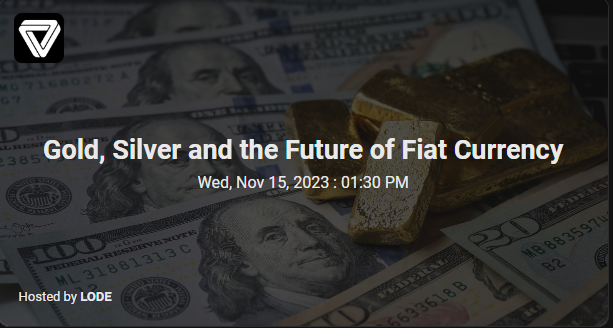Russia to Open Global Gold Exchange; Western Sanctions Backfiring?
The comments below are an edited and abridged synopsis of an article by Mike Gleason
As Fed Chair Jay Powell vows to fight the inflation he helped unleash, investors are watching a weakening jobs market. Gathering signs of a recession could cause the Fed to dial down future rate hikes.
Central bankers will meet on September 20 to announce their next interest rate decision. Anything less than 75 basis points will be a dovish pivot.
For now, Powell continues to talk tough; he pledged to ensure the public doesn’t see high inflation as the norm, and insisted that inflation was a result of the pandemic, as if the virus decided to increase fiscal and monetary stimulus!
Powell has not urged Congress and the White House to practice fiscal discipline, and Fed economists have noted that monetary policy will fail to bring about price stability if the government continues to increase demand for new currency through reckless borrowing and spending.
Gleason discusses Europe and ECB rate hikes; the effect on US-dollar bulls; Russia’s attempt to move international trade away from the dollar standard; western sanctions on Russia and its response; Russia’s plans to develop its own international gold exchange; China, Russia and Polyus (Russia’s largest gold producer); demand for gold in China translating to demand for yuan in Russia; demand for rubles rising among Russia’s trading partners; US sanctions strengthening Russia-China ties and accelerating de-dollarization among US adversaries.
Yes, the dollar has been strong versus most other major foreign currencies this year. It’s still widely viewed as the world’s reserve currency and isn’t going to suddenly disappear from the world stage anytime soon.
But it is gathering weakness and vulnerability. In purchasing power terms, the dollar has weakened at an alarming pace with inflation hitting a 4-decade high. Many countries are reducing their dependence on dollars although they continue to transact in them, for now, out of convenience.
But convenience shouldn’t be confused with soundness. There are no truly sound national currencies in circulation today. The only money that is respected and trusted universally is hard money—gold and silver.


